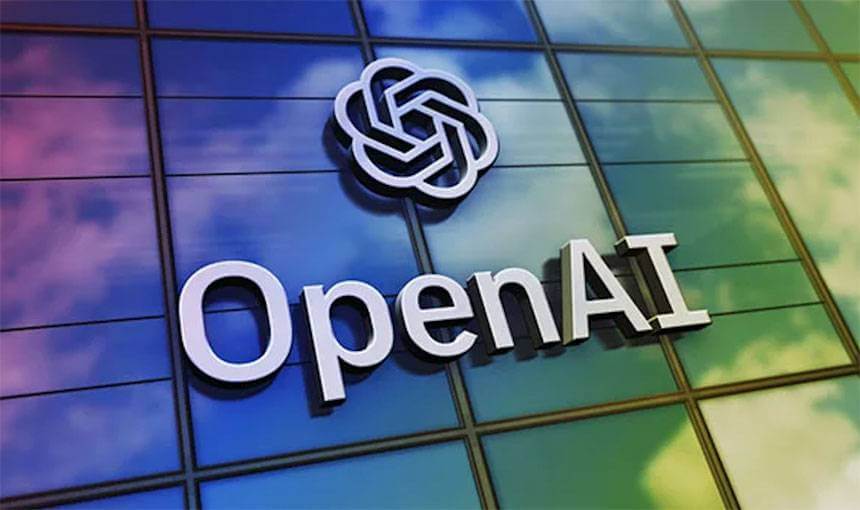OpenAI, initially established in December 2015 as a non-profit artificial intelligence research organization, has undergone a significant transformation in its structure and mission. Founded by prominent figures like Sam Altman, Elon Musk, and Greg Brockman, its original goal was to advance digital intelligence in a manner that benefits humanity as a whole, unconstrained by financial returns. However, the landscape has shifted dramatically, leading to a transition toward a for-profit model.
The primary driver behind this change is the escalating financial demands of developing and deploying advanced AI models. OpenAI estimates that achieving Artificial General Intelligence (AGI), defined as AI systems that outperform humans at most economically valuable work, requires substantial capital. To secure the necessary funding, OpenAI adopted a "capped-profit" structure in 2019, creating a for-profit subsidiary, OpenAI Global, LLC, controlled by the non-profit OpenAI, Inc. This hybrid model allowed the company to attract significant investments while maintaining its commitment to safe and beneficial AI development.
Under the restructuring plans, OpenAI will shift its existing for-profit arm into what's known as a public benefit corporation (PBC). That corporate structure requires the company to consider the impact of the technology and its work on society, as well as creating shareholder value. It's a structure used by rival AI companies, including Anthropic and Musk's xAI. The nonprofit's part of the organization's interest in the existing for-profit will "take the form of shares in the PBC at a fair valuation determined by independent financial advisors."
This transition has sparked considerable debate and controversy. Concerns have been raised about the potential for conflicts of interest between the pursuit of profit and the original mission of benefiting humanity. Critics, including Elon Musk, argue that the shift toward a for-profit model compromises OpenAI's commitment to open research and the responsible development of AI. Some nonprofit leaders and organizations have voiced concerns that OpenAI's charitable assets will not be protected and that the company is not complying with nonprofit rules. They worry that other startups may use a nonprofit structure "to create accelerated and amplified possibilities for individual financial benefit."
Despite these concerns, OpenAI maintains that the restructuring is necessary to ensure the company's long-term sustainability and its ability to achieve its mission. The company emphasizes that the non-profit arm will continue to play an active role, ensuring that the development of safe and responsible AI remains a top priority. The non-profit board will retain oversight of the for-profit subsidiary and ensure that its activities align with the overall mission of benefiting humanity.
The leadership of OpenAI has also undergone significant changes. Sam Altman, the CEO, plays a crucial role in the company's strategic direction and is a prominent figure in the global AI discourse. Greg Brockman, the President and Co-founder, is instrumental in shaping the company's vision and ensuring the seamless execution of its goals. The board of directors of the OpenAI nonprofit includes Bret Taylor (Chairman), Adam D'Angelo, Dr. Sue Desmond-Hellmann, and others, bringing diverse expertise to guide the organization's governance and mission. In late 2023, there was a brief but significant disruption when Sam Altman was removed as CEO by the board, only to be reinstated five days later following a restructuring of the board.
OpenAI's innovations, including the GPT series of language models, DALL-E for image generation, and Sora for text-to-video, have revolutionized the field of AI and garnered widespread attention. The release of ChatGPT in November 2022 catalyzed significant interest in generative AI. The company continues to push the boundaries of AI technology with new models like GPT-4.5 and o3, demonstrating its commitment to innovation.
The transition to a for-profit structure represents a pivotal moment in OpenAI's journey. While the company faces challenges in balancing its financial goals with its original mission, it remains committed to developing safe and beneficial AI for the benefit of all humanity. The evolving governance model, leadership changes, and ongoing innovations will shape the future of OpenAI and its impact on the world.

















